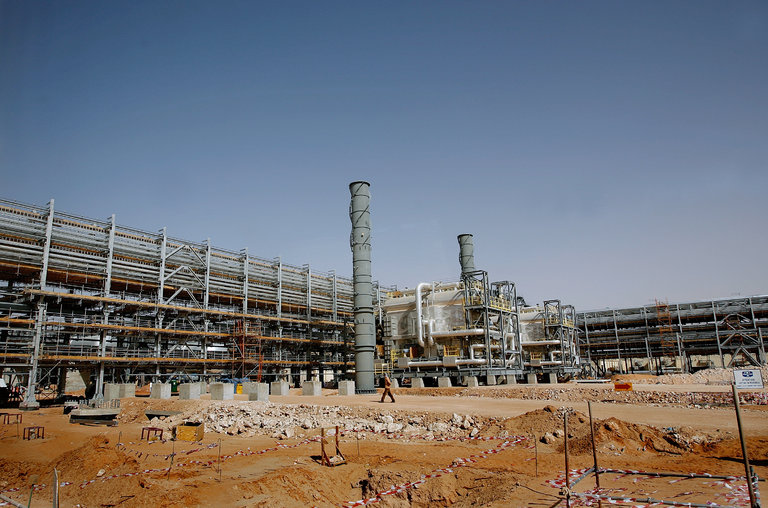Saudi Arabia announced a sharp tax cut for its state oil company on Monday, part of an effort to make it more appealing to international investors in preparation for its promised initial public offering.
The tax rate is a vital piece in a puzzle the Saudis need to work out with investment bankers to determine the value of Saudi Aramco, the world’s biggest producer of crude oil. Current valuation estimates, ranging from $400 billion to $2 trillion, depend on various calculations of the worth of operations, projections of commodity prices, and costs including taxes.
The Saudis hope to offer 5 percent of the company to foreign investors late next year, which would raise as much as $100 billion in what could be the biggest initial public offering in history.
The new tax rate for Saudi Aramco will amount to 50 percent, slashed from 85 percent, retroactive to Jan. 1, according to a royal order. The company also pays a 20 percent royalty on revenues.
“The new tax rate will bring Saudi Aramco in line with international benchmarks,” Saudi Aramco’s chief executive officer, Amin H. Nasser, said in a statement.
The tax cut was announced a couple of months after intensive discussions with international bankers in Riyadh about how the offering should be structured. Bankers and independent specialists said the cut would help increase the cash flow available for dividends to future investors and also suggested that various Saudi interest groups were reaching a consensus on how to proceed with the privatization.
“It is very much a positive move,” said Jean-François Seznec, a Middle East energy specialist at the Atlantic Council’s Global Energy Center. “It means the various Saudi parties involved — the state, the public investment fund and the royal family — are negotiating with the idea of coming to a solution.”
Under a privatization, some combination of the government, the Saudi sovereign wealth fund, members of the royal family and individual Saudis would share 95 percent of profits and dividends. Dividing that pie is a delicate issue because the government depends on the…

